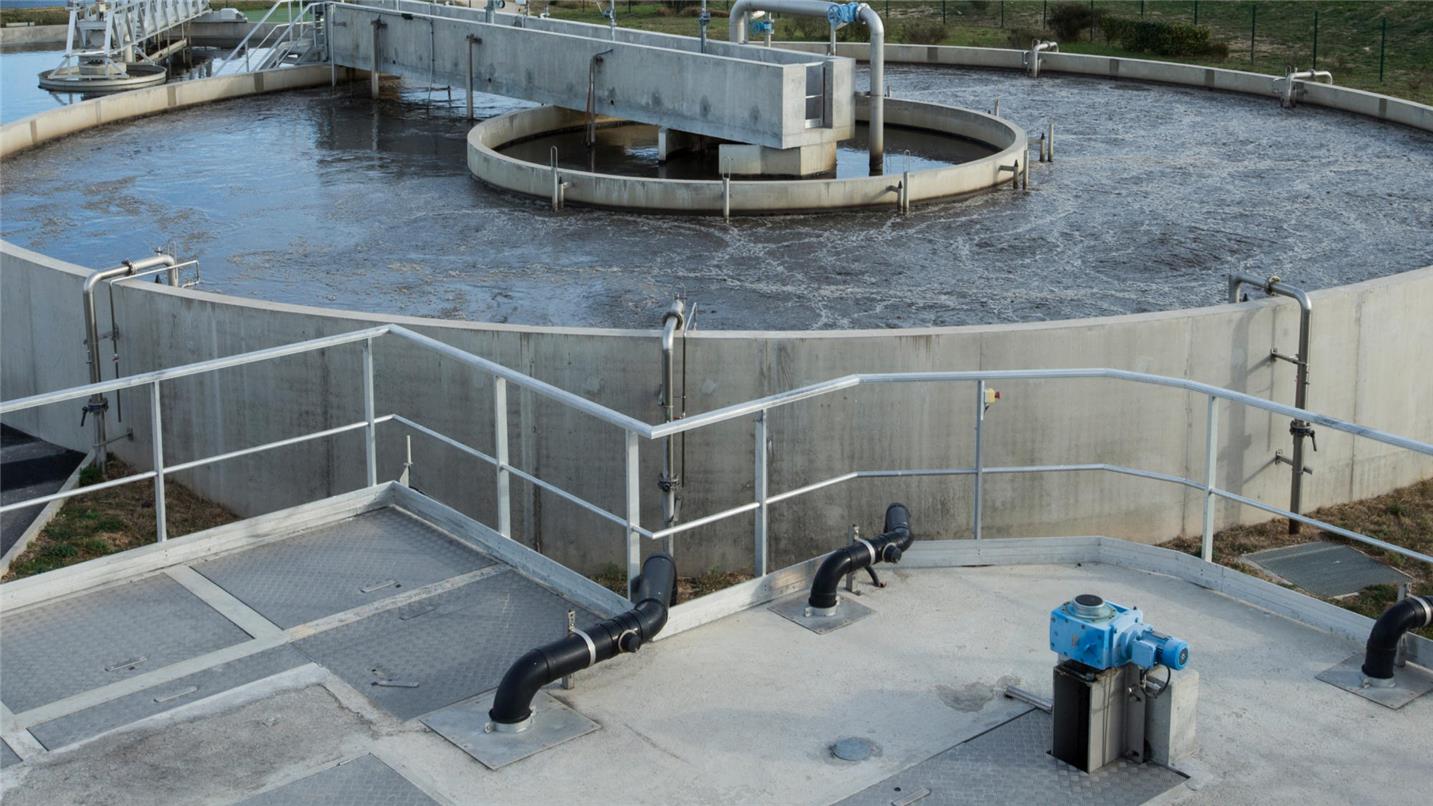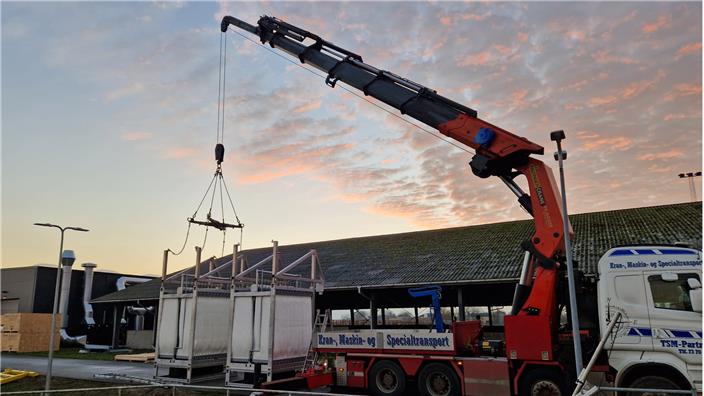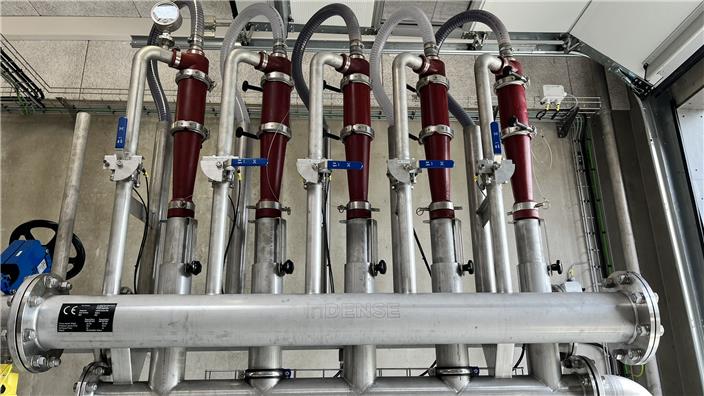Challenges with hydraulic capacity in winter months
In the cold winter months, the biological activity of the actived sludge is reduced, which means that it is necessary to increase the biomass in the plant's process tanks to maintain the overall biological turnover.
In addition, challenges with degraded sedimentation characteristics (SVI) of the sludge are often seen at the same time, due to the growth of filamentous bacteria, among others.
Combined with the fact that there can be prolonged periods of high rainfall, many treatment plants are challenged during these periods to ensure that effluent requirements can be met, particularly for nitrogen, and to avoid sludge flooding.
SUEZ has shown that this can be addressed by sludge selection, which improves the settling properties of sludge.
In addition, challenges with degraded sedimentation characteristics (SVI) of the sludge are often seen at the same time, due to the growth of filamentous bacteria, among others.
Combined with the fact that there can be prolonged periods of high rainfall, many treatment plants are challenged during these periods to ensure that effluent requirements can be met, particularly for nitrogen, and to avoid sludge flooding.
SUEZ has shown that this can be addressed by sludge selection, which improves the settling properties of sludge.
InDense: 30% higher capacity via sludge selection
InDenseTM is a patented solution for selecting sludge with good settling properties using cyclones.
Cyclones are installed on the excess sludge feed and separate the sludge into two fractions. The good sludge is returned to the plant while the bad fraction is taken out of the plant as excess sludge.
With very limited costs and a few weeks installation time, the total capacity of conventional activated sludge plants can thus be increased by 30%.
Cyclones are installed on the excess sludge feed and separate the sludge into two fractions. The good sludge is returned to the plant while the bad fraction is taken out of the plant as excess sludge.
With very limited costs and a few weeks installation time, the total capacity of conventional activated sludge plants can thus be increased by 30%.
inDENSE: our biomass densification system to boost activated sludge production | SUEZ
Credit: SUEZ group
Contact our expert




